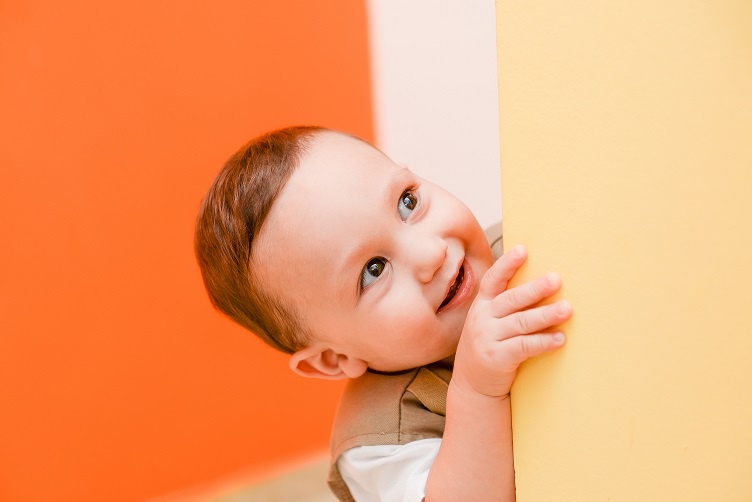Updated December 2023
What's your role as an early childhood educator? Exactly how big an impact will you have on young children's lives?
Probably far greater than you can imagine, especially if you're just starting out and don't know much about the field.
The truth is, preschool and daycare teachers play a huge part in how kids develop—socially, academically, even physically and emotionally.
They literally change lives and shape futures. As parents, and as a society, we place a huge trust in early childhood educators (ECEs) to help grow the next generation of learners and citizens.
Exactly what goes into this process? How do ECEs prepare babies and toddlers for the next stage of their life journey?
It all starts with these five essential goals. These are the key objectives you'll be working toward, each and every day, as an early childhood educator.
1. Building Trust with Your New Little Students
This is absolutely a top priority for early childhood educators—some would say, your most important goal.
If you're running a daycare or preschool, you'll be working with children as young as three to six months and as old as four or five.
These are such impressionable years when kids will decide how they feel about schooling and teachers. And of course, when they'll be reaching some key cognitive, physical, and emotional developmental milestones.
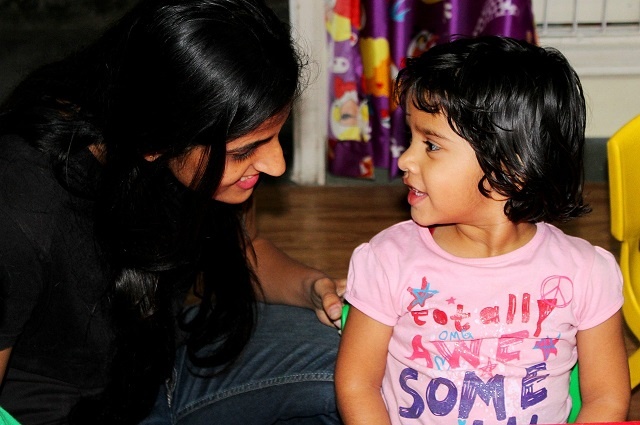
ECEs must first gain their students' trust, so each child feels safe, supported, and ready to learn
ECEs must form positive relationships with their little students, ensuring this very first classroom is a safe, welcoming, nurturing place.
You'll be working hard to build rapport, establish routines, and earn respect—which are essential for achieving your next four ECE goals.
2. Helping Kids Make Friends & Work Together
For most youngsters, daycare or preschool is their first opportunity to really mix with a lot of other kids from different walks of life.
In many ways, this is their first exposure to a real community (other than their own families and close friends). They'll need a specific set of skills to integrate, make friends, and learn how to work in pairs and groups.
Some of the most important social skills you'll be helping kids learn as an ECE include:
- How to share
- How to resolve conflicts
- How to express their thoughts, opinions, and feelings in effective ways
- How to solve problems in a group
- How to deal with bullying (and not be a bully themselves)
The basic communication and collaboration skills little kids make at this stage lay the groundwork for how they'll fit into society later on.
This is why early childhood education training always includes courses in psychology and development and a wide range of socialization techniques and activities for young children.
ECEs play a crucial role in teaching children to respect one another and show kindness and compassion—the building blocks for forming healthy relationships as they grow.
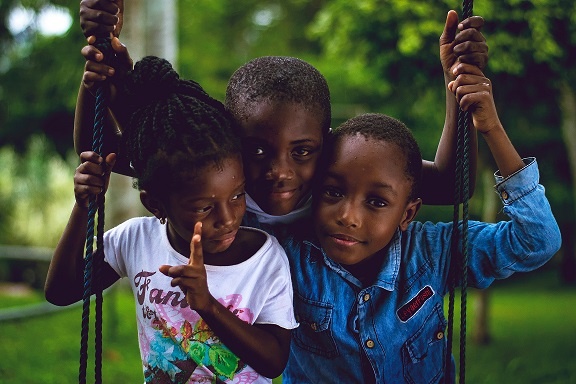
Early childhood educators teach kids to respect diversity, build friendships, and work together to solve problems
3. Working on Fine & Gross Motor Skills
There are also quite a few practical goals you'll work toward every day as an early childhood educator. One of these is helping kids develop their fine and gross motor skills.
These are the skills they'll need to:
- Tie their own shoes
- Feed themselves
- Zip or button their own coats
- Climb on a play structure (coordination and balance)
- Put together a puzzle
- Grip small tools or toy pieces
- Use the bathroom
- Catch and throw a ball
- Hit a target (eye-hand coordination)
Children reach so many important physical development milestones during the preschool years! It's truly amazing how quickly they evolve.
Related: Early Childhood Education Training: Amazing Things Babies Learn By Age One
When ECEs plan activities for young kids, they are always thinking about working on these motor skills—monitoring progress and providing appropriate challenges for children of different ages under their care.
Something as simple as building with blocks or drawing a picture helps toddlers gain control over their bodies and improve coordination.
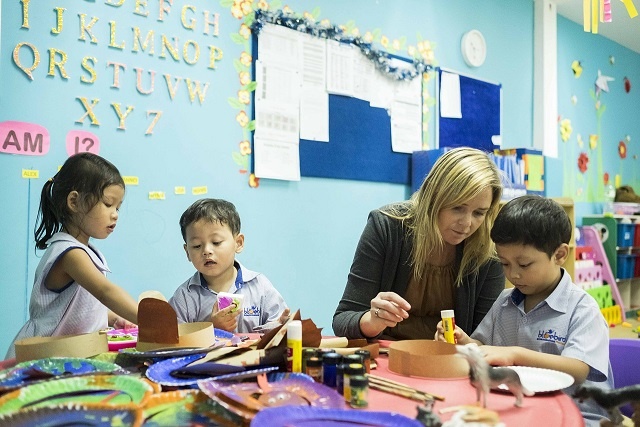 Crafting is an ideal way to help children build fine motor skills while learning to share space, materials, and creative ideas
Crafting is an ideal way to help children build fine motor skills while learning to share space, materials, and creative ideas
4. Helping Kids Build Self-confidence & Independence
Self-confidence and independence are characteristics that develop slowly over time in enriching and supportive ECE settings.
The more you offer your young students opportunities to grow and thrive, and praise them for their efforts, the more those children will embrace new learning challenges.
The goal is for children to leave your care ready for the next stage of their development at kindergarten. This is a big transition. To make it successfully, kids need confidence in their own abilities, and readiness to pursue new adventures on their own.
Early childhood educators are nurturing, and will hold a child's hand when necessary—but they also encourage kids to become more independent and self-empowered each day.
It's a fine balance to achieve, and the mark of a truly skilled educator.
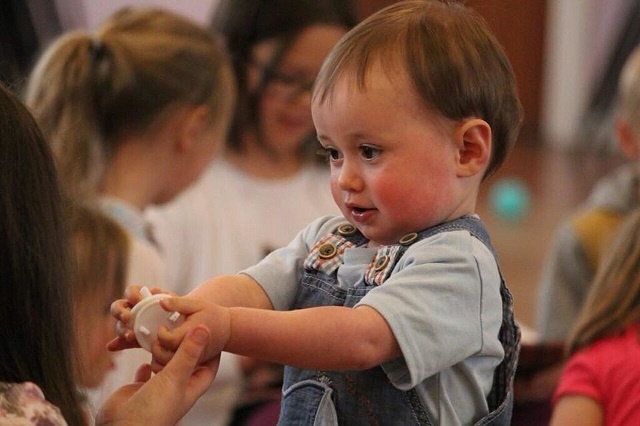
In daycare and preschool young children take their first steps toward becoming independent learners, and making friends on their own
5. Preparing Children for Future Academic Success
This last (but certainly not least) ECE goal includes academic essentials, like language, problem-solving and basic math skills—but also the structures and routines children need to get used to before starting kindergarten.
For example, in a quality daycare or preschool, children learn:
- How to sit still and concentrate on a task for a set period of time
- How days are divided into work, play, snack, lunch, recess, clean-up, etc.
- How to listen to and follow instructions
- How to be apart from their families for much of the day
- To trust and respect teachers, teachers' aides, and their own classmates
These are all "readiness" skills—they combine to form the profile of a young child who is ready for the next phase of academic and social development.
Can you imagine a more important job? Apart from parents and guardians, early childhood educators are the very first teachers a child knows. They set the tone for an entire lifetime of learning, personal development, and relationships.
This is why when parents find a truly talented, skilled, and devoted ECE, they treasure that person—and recognize the huge impact this teacher will have on their child's life.
And of course, it's why early childhood educators love what they do!
Related: 7 Signs You're Destined for a Career in Early Childhood Education
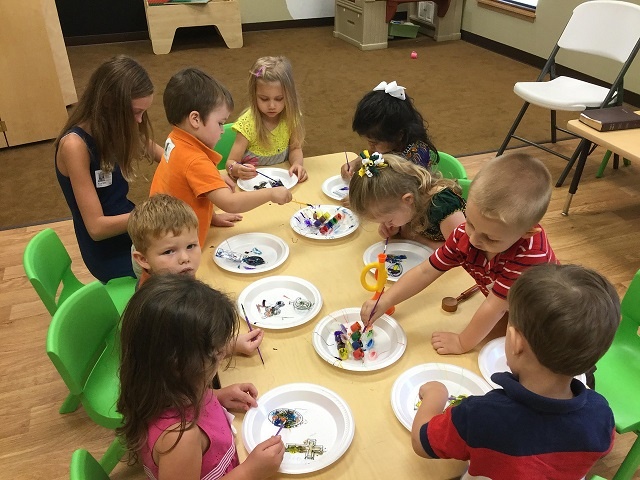
ECE's are a child's first teacher outside of the home and set the tone for future academic and personal growth
Starting your ECE career
Are you interested in pursuing a career in early childhood education, but haven't yet started ECE training?
We would love to hear from you. Herzing has worked with hundreds of ECEs over the years and is dedicated to upholding the highest standards in training and professional practice.
We recommend talking with an advisor to learn more about admission requirements, the skills needed to succeed in this program, and what is involved in earning an early childhood education certificate.
Chat live with an admissions advisor right now. Or click below to explore the program in more detail. We're here to help!

